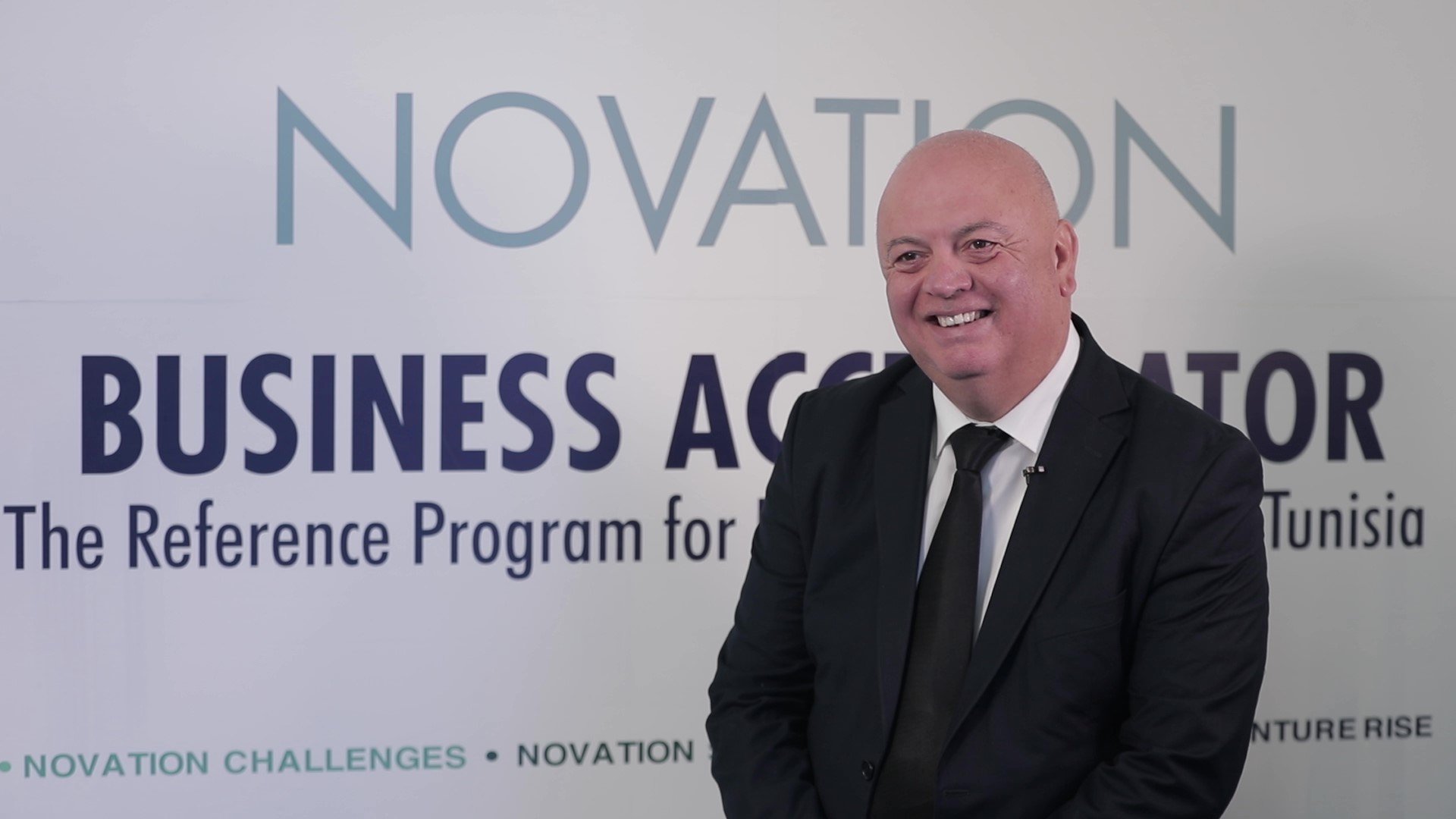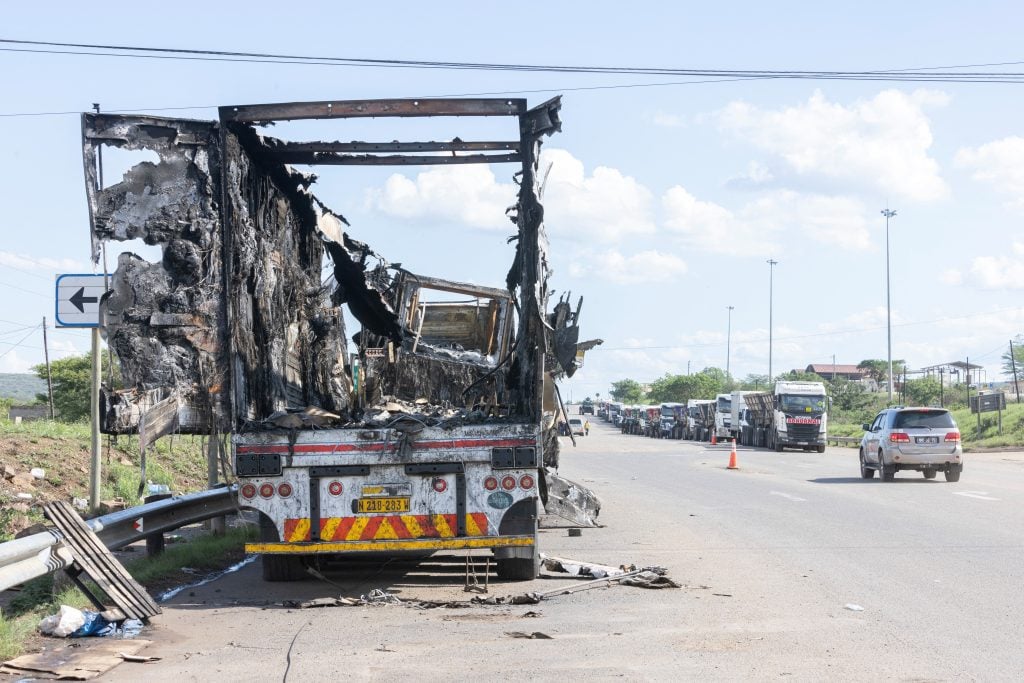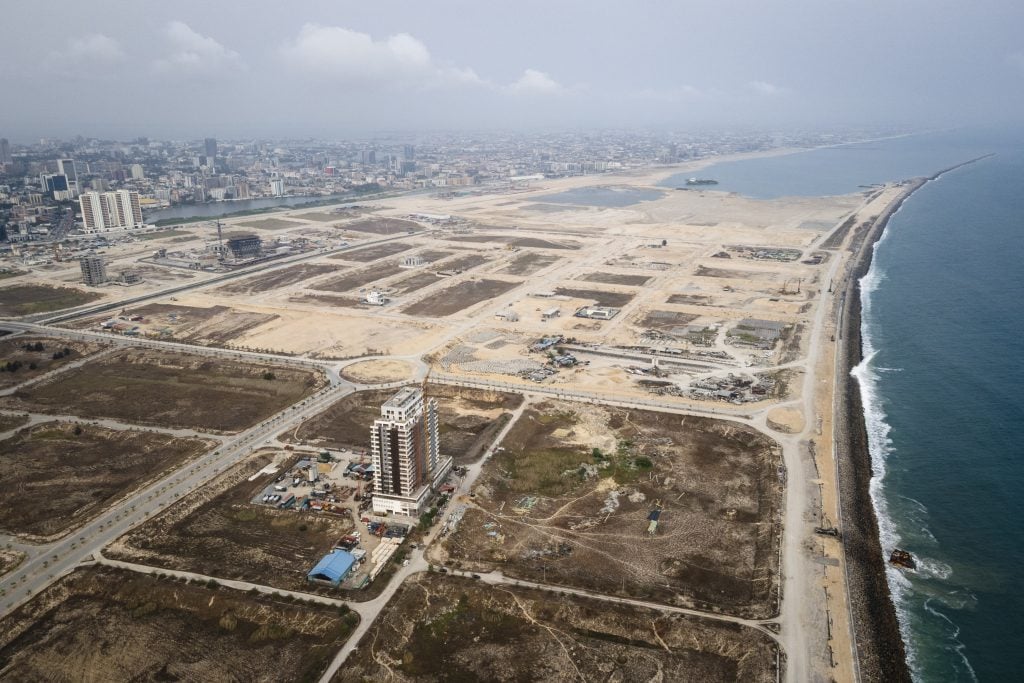
Could you start by describing Novation City’s core specialisation and how your different hubs integrate to support innovation in Tunisia and beyond?
Novation City focuses on accelerating innovation in artificial intelligence (AI), Industry 4.0, and smart mobility. Our ecosystem is structured around three complementary hubs—Industrial City, Business City, and Mechatronic City—each hosting specialised companies, laboratories, and facilities. Together, they create a dynamic environment where industry, research institutions, and entrepreneurs collaborate to experiment, develop, and commercialise cutting-edge technologies.
Novation City also benefits from the guidance of the Scientific and Strategic Orientation Council (COSS), which plays a central role in defining the strategic direction of joint activities across the Technopark. It provides governance in research, innovation, and technological development, while fostering synergy and alignment between academia, industry, and public partners.
Our real estate division further strengthens this ecosystem by providing state-of-the-art infrastructure—offices, industrial facilities, laboratories, and shared spaces—designed to host companies and research institutions in a collaborative environment. Through innovation and incubation programmes, talent development initiatives, and strategic partnerships, we actively support startups and industrial players in Tunisia and the wider region, bridging the gap between research and market-ready innovation.
What are some of the most significant achievements Novation City has realised to date—whether in attracting investment, fostering startups, or building collaborations—and how does this feed into GAICA’s agenda?
To date, we have supported more than 100 AI and deep-tech startups and nurtured a strong pipeline of innovation-driven companies across key sectors. We have also built meaningful partnerships with global technology leaders, notably through the launch of the NVIDIA AI Innovation Hub—an unprecedented initiative in the region.
Our ecosystem has attracted substantial public and private investment, strengthened the local value chain, and positioned Tunisia as a testbed for emerging technologies. These achievements feed directly into GAICA by demonstrating Tunisia’s capabilities, reinforcing our position as a regional innovation leader, and laying the foundations for a pan-African, globally connected collaboration platform.
Who are your key partners supporting Novation City’s work, and what roles do they play in the ecosystem you’re building?
We work closely with a wide network of national and international partners, including GIZ, AFD, CDC, and NVIDIA, among others. Each plays a strategic role—from supporting capacity development and funding programmes to providing advanced technologies, global expertise, and access to international markets. We also collaborate with universities, research centres, and private investors to ensure a holistic approach to innovation and entrepreneurship. This collaborative network is central to our mission of positioning Tunisia as a regional innovation hub.
Why did you decide to launch GAICA now, and how does it align with Novation City’s strategic vision?
Launching GAICA at this moment is both timely and strategic. Africa’s AI landscape is evolving rapidly, and it is essential to align efforts, build synergies, and amplify collective impact across the continent. GAICA was conceived as a continental movement to accelerate AI adoption, foster digital sovereignty, and connect African innovators with global opportunities. It reflects Novation City’s vision to promote shared innovation, deepen regional cooperation, and position Tunisia as a leading catalyst for AI adoption in Africa.
What are the main objectives of GAICA? What do you hope participants will achieve or take away?
GAICA aims to promote AI innovation, strengthen collaboration, and accelerate access to markets and investment opportunities across Africa. Participants will explore how AI can boost competitiveness, unlock new markets, and enable scalable, sustainable innovation.
Beyond inspiration, we aim for concrete outcomes—from policy recommendations and pilot projects to cross-border partnerships and funding opportunities. Our goal is for attendees to leave with actionable partnerships, deeper knowledge, and clear opportunities to engage in Africa’s emerging AI landscape.
Could you walk us through the content structure—themes, formats, and experience?
GAICA features a diverse and high-value format, combining keynotes, high-level policy discussions, thematic panels on AI adoption and industry impact, hands-on workshops, startup pitching sessions, investor meetings, B2B matchmaking, and technology exhibitions across our Tech, Startup, and Main Conference halls.
The experience is designed to blend inspiration with practical engagement, ensuring that every participant—whether policymaker, investor, or innovator—gains valuable connections and insights. Content will address AI applications in healthcare, telecommunications, security, robotics, and industrial automation, as well as themes such as startup growth, financing, computing strategy, and cross-country collaboration.
Why a strong focus on Africa?
Africa is becoming a key frontier for AI-driven innovation, where talent, ambition, and strategic need converge. The continent represents not only a rapidly growing market but also a source of original solutions to global challenges such as food security, education, and sustainable mobility.
By placing Africa at the centre, GAICA and Novation City aim to position Tunisia as a continental hub for advanced technology, capacity building, and cross-border AI collaboration—supporting both regional priorities and global competitiveness.
What specific benefits can GAICA bring to African countries, and how will Novation City help realise them?
GAICA is designed to deliver tangible outcomes through capacity building and advanced AI training, policy dialogue, technology and knowledge transfer, startup and investor matchmaking, and international partnership development.
Novation City will sustain this momentum by hosting training programmes, incubation cycles, and collaborative initiatives with ecosystem partners. We also plan to publish a post-congress roadmap capturing key recommendations and priority actions for Africa’s AI ecosystem, ensuring continuity and measurable impact.
What are the biggest opportunities and challenges for AI adoption in Africa, and how will GAICA help address them?
Africa’s greatest opportunities lie in its rapidly growing youth talent base, vast untapped data ecosystems, and urgent developmental needs that AI can help address—particularly in healthcare, logistics, and agriculture. The main challenges include limited computing access, funding gaps, regulatory harmonisation, and talent retention.
GAICA serves as a platform for collective problem-solving, bringing together governments, industry, academia, and investors to co-create scalable solutions. It provides a forum for cooperation, investment dialogue, capacity building, and shared infrastructure development aimed at overcoming these systemic barriers.
What comes next after GAICA? How will Novation City sustain momentum?
Following GAICA, our priority is to expand partnerships formed during the Congress, scale joint initiatives across the continent, and establish GAICA as a flagship annual platform. We plan to strengthen cross-country programmes, launch follow-up actions with participating delegations, and broaden engagement in the next edition to achieve sustained, long-term impact.
In parallel, Novation City will act as the coordination hub for post-GAICA collaborations, facilitating pilot projects, training programmes, and investment linkages initiated during the event. Our ultimate goal is to ensure that GAICA’s outcomes translate into measurable progress, continuous knowledge exchange, and concrete innovation opportunities across Africa.






Recent Comments